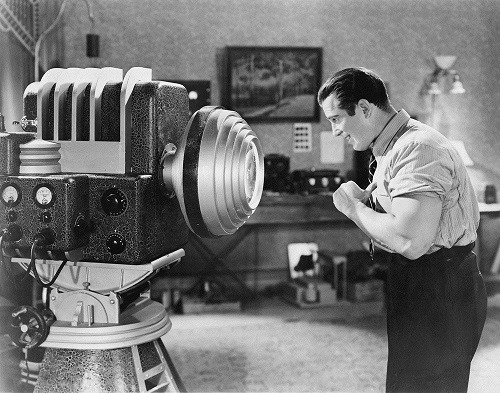
It has to be cool to other people too.
Late state start-up companies can only get to be late stage if their marketing is as good as their product. If you are the only one that thinks your product has a value that is greater than the price you need to charge to earn a respectable profit, you need to reconsider either the needs of the market, your manufacturing costs, or dropping or changing your product.
Private equity firms and strategic buyers want to see that you have nailed the demand of market. While many entrepreneurs believe that venture capital will come running to your door, that is rarely the situation. The Venture Capital world is a fraction of the size it was a decade ago. Both the world of M&A and capital raising are impressed by profit and unimpressed with ideas. Lots of people have ideas. But precious few can execute on them. And that requires marketing.
So if you want to sell your company, or ultimately raise capital, you will need to bootstrap it, show you know how to run a lean company, and prove that your product does indeed meet the demands of a substantial market segment. You will also need to establish that your market segment is large enough to support an impressive revenue and earnings trajectory. And the only way to prove that is with actual results exemplified by growing sales and profitability. Getting a workable model of your product developed, creating your Marketing Mix (Product, Price, Place and Promotion) and getting your product in the hands of paying customers is the only proof that acquirers care about.
These are some questions you need to ask yourself. What do I know, really know, about my customer? What distinguishes them from everyone else? What do they do, how do they think, act, and behave? What need of my customer am I satisfying and how are they satisfying that need now? How do I intend to keep on satisfying it once my competition verifies with its own product offering that they too think I am on to something?
How do I intend to reach my customer from a distribution standpoint? What are the economics from the point of view of my distributors? Can I make the product at a low enough price so that everyone in the supply chain earns their cost of capital or better?
Shelf space, whether in a grocery store or elsewhere, is tough to get. If you have to work through intermediaries, you have to understand their needs in terms of margin and turnover. Think in terms of profit per square foot per annum.
As to surviving past the first generation of your product, how do you intend to continue to obsolete your existing product? While patents are nice, if you don’t have any cash to finance the inevitable infringement by larger competitors, you will eventually be pushed out of the market. The only way to ensure surviveability is to come to market with your product’s replacement before the competition does.
And how do I estimate demand? How exactly does one estimate demand and price a product that has never existed? There are methodologies, such as the use of Choice Theory, to estimate the demand curve. But that works best with products that are fairly easily comprehended by your consumer. What it really takes is a keen understanding of the human mind, and that is far more than just having an understanding of psychology. Factor in 6 million years of evolution, and we start to get a clearer picture.
Remember that there are always early adopters, the mass market and laggards. Your marketing mix and marketing campaign should reflect an understanding of these personality types. Focus on your first iteration of your product getting in the hands of the early adopters. Hopefully, they are opinion leaders, and other customers will decide they need your product too.
So, if you really want to have a company that other people want to buy, focus first on marketing and the psychology of your customer. And if you really want to be rich, focus on business-to-business services and products. There are far fewer new products and services being developed for b-2-b than for the consumer market, much to the sadness of venture capital and private equity firms. To learn more, contact us
